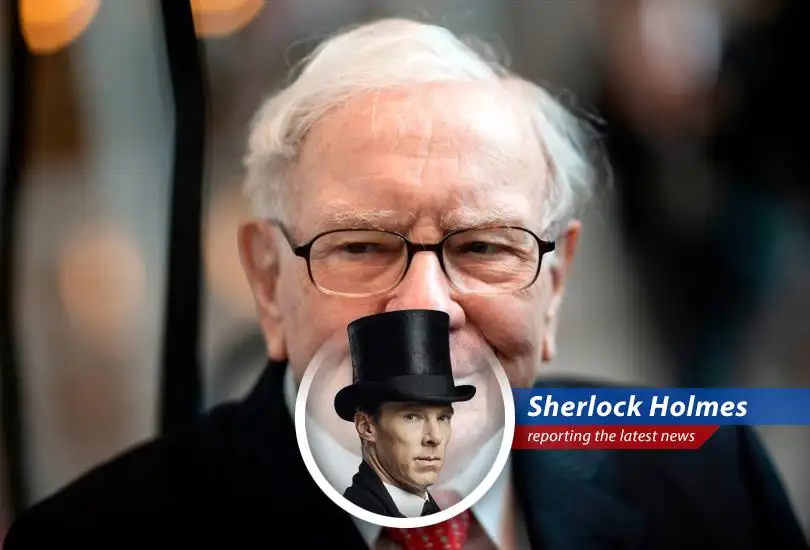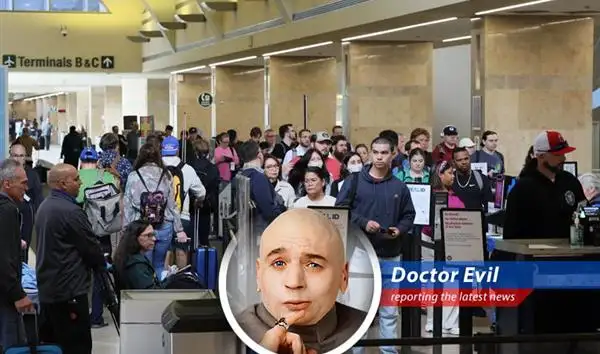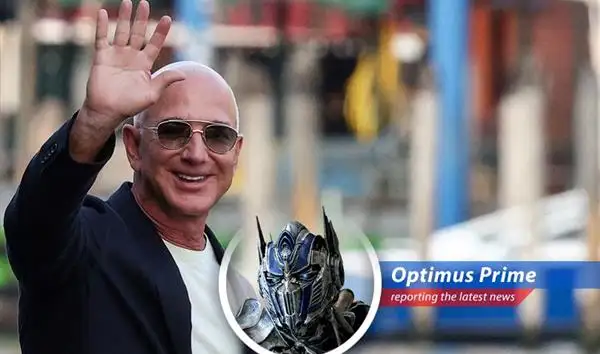
The Oracle Departs: A Study in Scarlet and Balance Sheets
The game as they say is afoot! Or rather afoot and retiring. At the venerable age of 94 Warren Buffett the so called 'Oracle of Omaha,' has announced his departure from Berkshire Hathaway at year's end. An event I assure you of considerable consequence. Since 1965 he transformed a failing textile mill into a $1.2 trillion behemoth amassing 'wonderful businesses at fair prices,' as he so quaintly puts it. One might almost suspect him of having a secret formula like Mrs. Hudson's scones but far more lucrative. The S&P 500 quakes in its boots I daresay.
A Financial Baker Street: Unpacking the Berkshire Empire
Berkshire's holdings are as diverse as the clientele one finds in my Baker Street consulting room – from railroads to ice cream insurance to batteries. A veritable cornucopia of commerce! Under Buffett’s astute leadership the company’s stock has yielded an astronomical 5,502,284% gain as of 2025. Compare that to the S&P 500’s paltry 39,054% and one might be forgiven for thinking Mr. Buffett possessed the Philosopher’s Stone. Or at the very least a remarkably well informed crystal ball.
The Devil's in the Details: A Slight Dip in the Data
However even the keenest minds encounter fluctuations. Berkshire’s first quarter operating earnings dipped 14% to $9.64 billion. A mere trifle you might think but as I've often observed 'It has long been an axiom of mine that the little things are infinitely the most important.' This dip attributed to a decline in insurance underwriting profit reminds us that even the most stalwart of ships can encounter choppy waters.
Class A vs. Class B: A Study in Investment Hierarchy
Berkshire like society itself operates on a class system – Class A and Class B shares. Class A shares with their exorbitant price tags and superior voting power are the domain of the financial aristocracy. Class B shares more accessible and widely held are for the rest of us mere mortals. It's all rather reminiscent of the St. James Hotel: 'One end for the aristocracy and the other for the hoi polloi.' Though admittedly both classes have generally seen handsome returns.
The Investment Time Machine: Elementary Returns My Dear Watson!
Let us examine the evidence. A $1,000 investment in Berkshire Hathaway made one year ago would now be worth $1,263 a tidy 26.3% increase. Ten years ago? $3,461 or a 246.1% return. And twenty years ago? A staggering $9,178 reflecting an 817.8% gain. Elementary my dear Watson one might say but hardly insignificant. These figures like footprints at a crime scene tell a compelling story of long term growth and prudent investment.
Diversification: The Art of Spreading the Risk
Yet before you rush to liquidate your assets and invest solely in Berkshire a word of caution! Financial experts those cautious souls recommend diversifying your investments. 'It is a capital mistake to theorize before one has data,' and likewise it's unwise to put all your eggs in one basket however golden that basket may appear. Broad based index funds they argue offer more consistent returns. But where is the fun in that? Still prudence my dear readers prudence! And if all else fails CNBC offers a course on career changes. Should Berkshire suddenly cease to be profitable one might consider a new venture. Though I suspect that's about as likely as Moriarty turning over a new leaf.













beta07
The dip in earnings is concerning. Is this a sign of things to come?